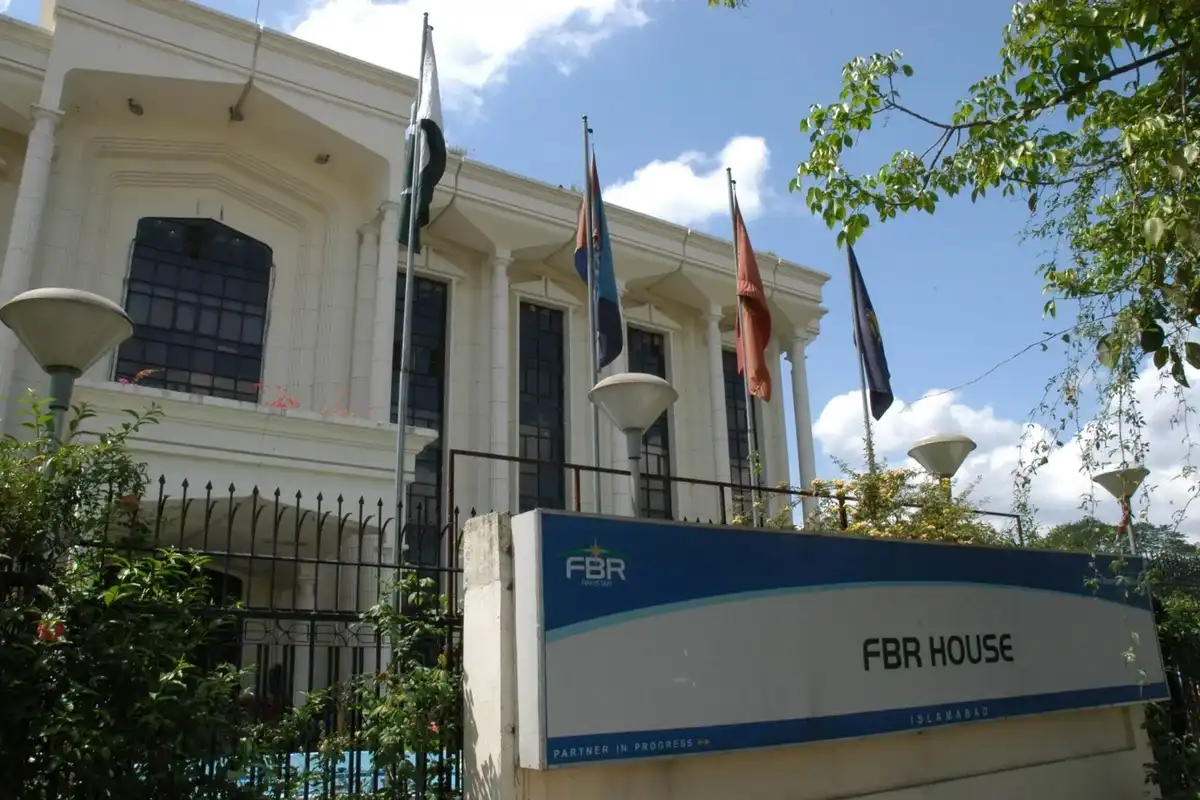Pakistan completes another IMF condition by restructuring tax authority
FBR to focus solely on tax collection, separate tax policy office established

Javed Mirza
Correspondent
Javed Iqbal Mirza is an experienced journalist with over a decade of expertise in business reporting, news analysis, and investigative journalism. His work spans breaking news, editorial pieces, and in-depth interviews.

Pakistan government has implemented significant changes to the country’s tax system, fulfilling a key condition set by the International Monetary Fund (IMF).
The Federal Board of Revenue (FBR) will now focus solely on tax collection, while a newly established tax policy office under the Ministry of Finance will handle tax policy formulation, according to a notification.
The federal cabinet approved the creation of the tax policy office, effectively separating tax policy-making from tax collection.
The FBR will no longer be involved in crafting tax policies and will instead concentrate on implementing tax proposals to boost revenue.
The tax policy office will report directly to the minister of finance and revenue and will be responsible for developing the government’s reform agenda.
It will analyze tax policies and proposals using data modeling, revenue forecasting, and economic analysis, the notification stated.
The office will also prepare policy reports on income tax, sales tax, and federal excise duty (FED) for the finance minister.
Sources familiar with the matter said the government assured the IMF that the separation of tax policy-making and collection would ensure autonomy and transparency in the process.
The move is part of broader efforts to strengthen tax enforcement, address systemic deficiencies, and reduce tax fraud.
The restructuring aligns with Pakistan’s commitments to the IMF as it seeks to stabilize its economy and improve revenue collection. The new tax policy office is expected to play a central role in shaping the country’s fiscal strategy and supporting economic reforms.
An IMF team will visit in early March for the first review discussions. A successful review is necessary for the release of the next $1 billion loan tranche of the $7 billion extended fund facility.
Analysts have reported positive performance by the government on the majority of the seven new IMF targets.
The government successfully achieved the foreign exchange targets for September and December 2024. Additionally, the State Bank of Pakistan (SBP) met its domestic asset target.
Targets for the primary budget deficit and new tax filers also seemed attainable. The IMF board might have granted waivers for minor deviations in certain targets, assuming corrective measures were put in place.







Comments
See what people are discussing